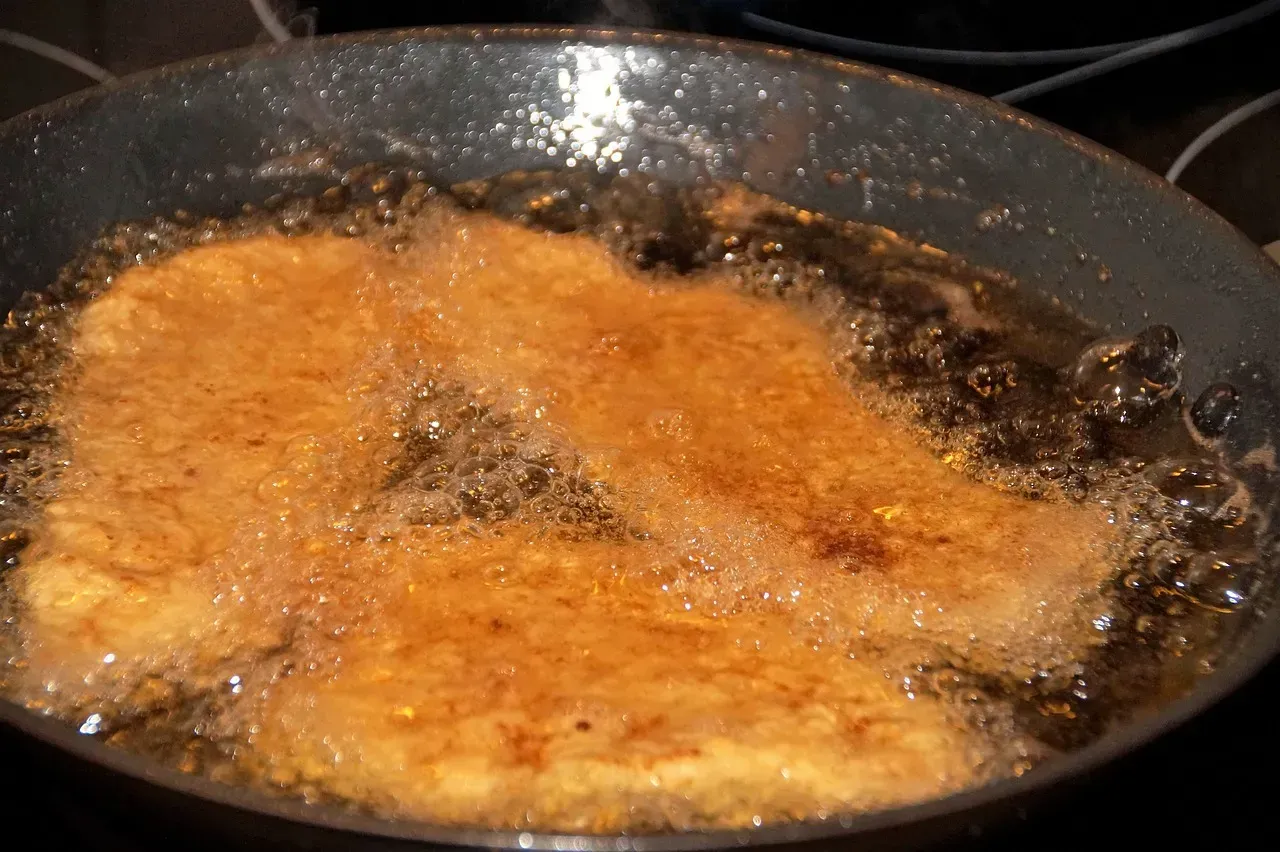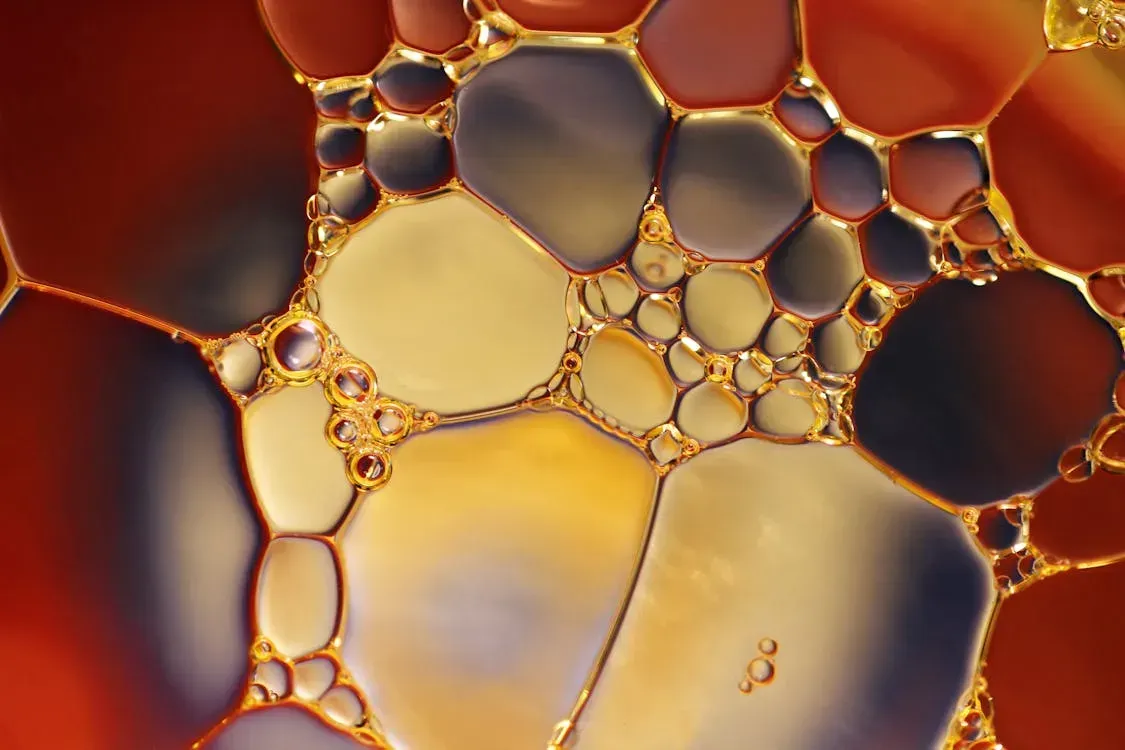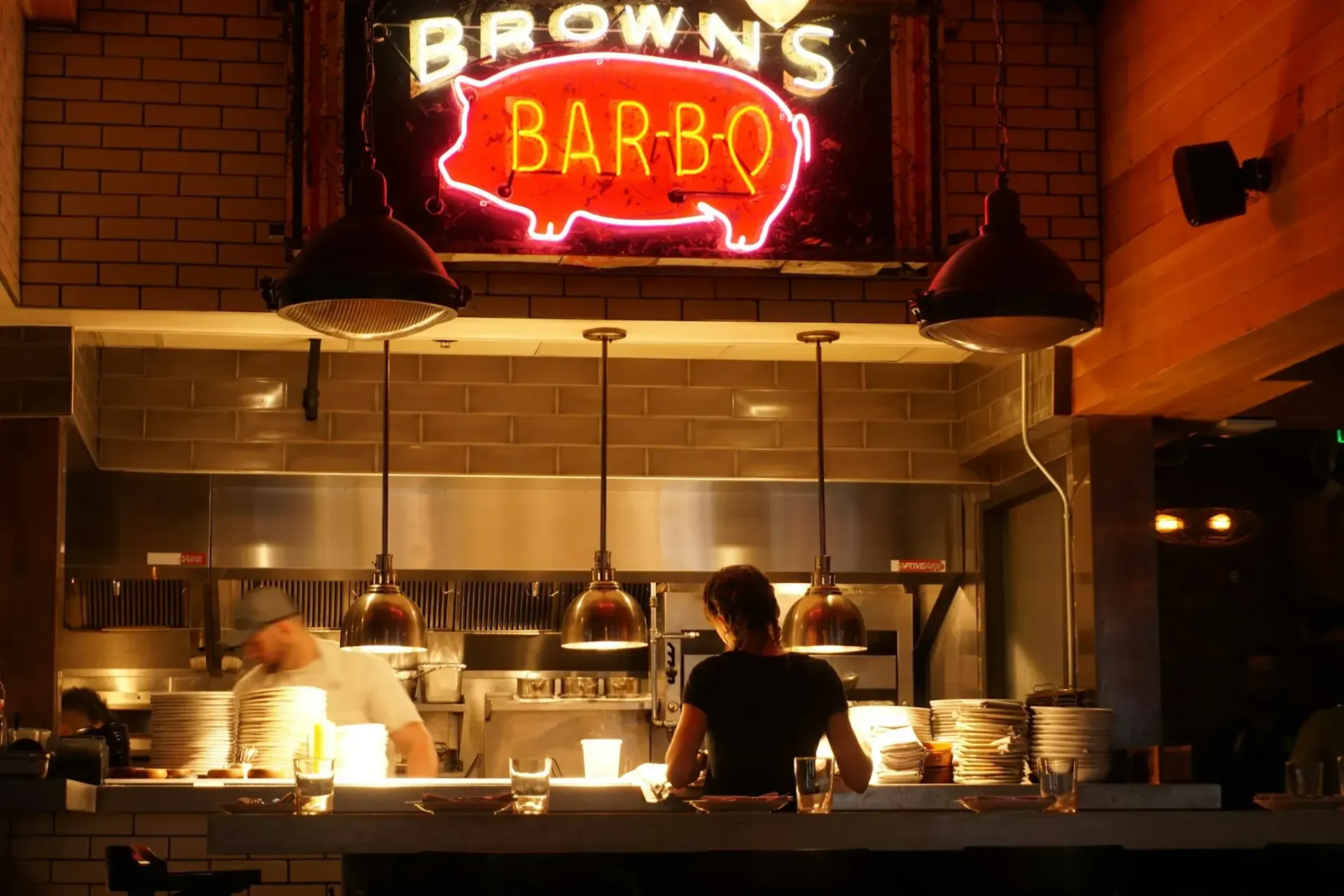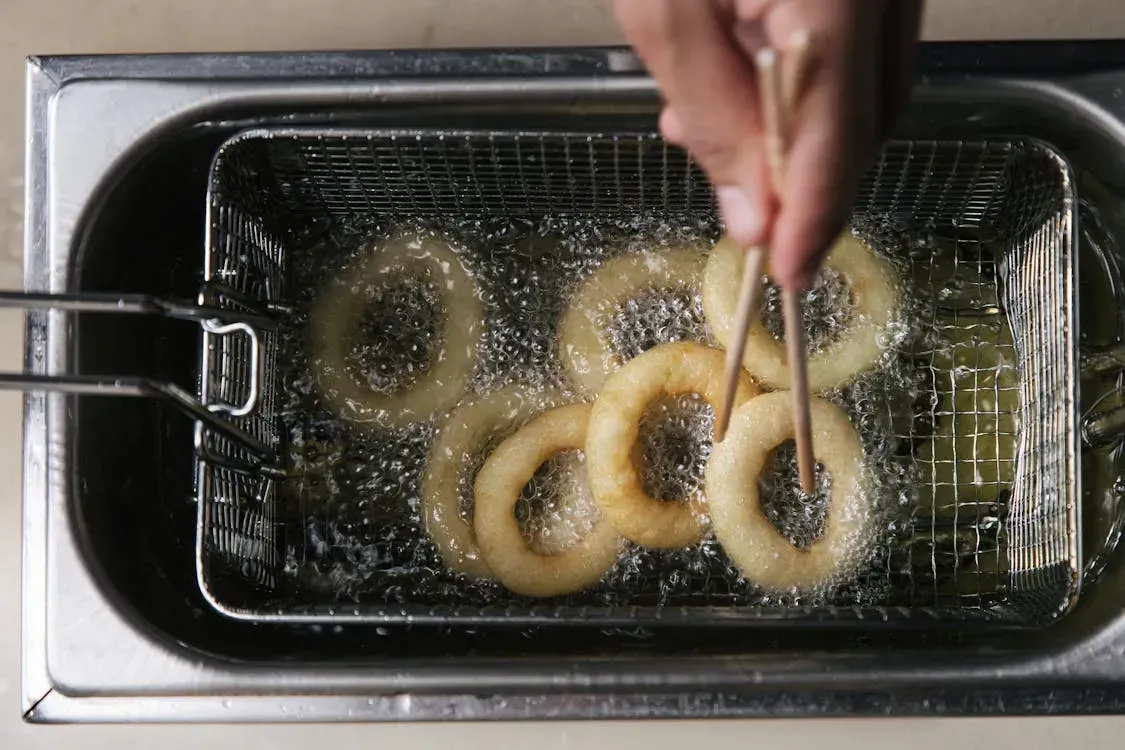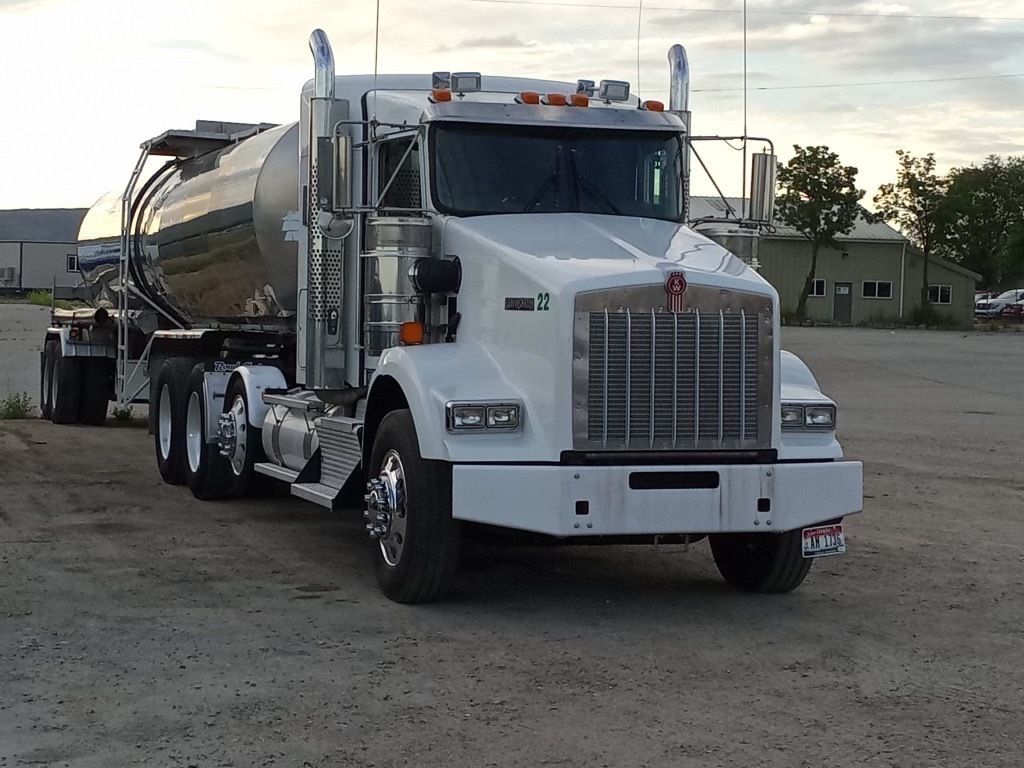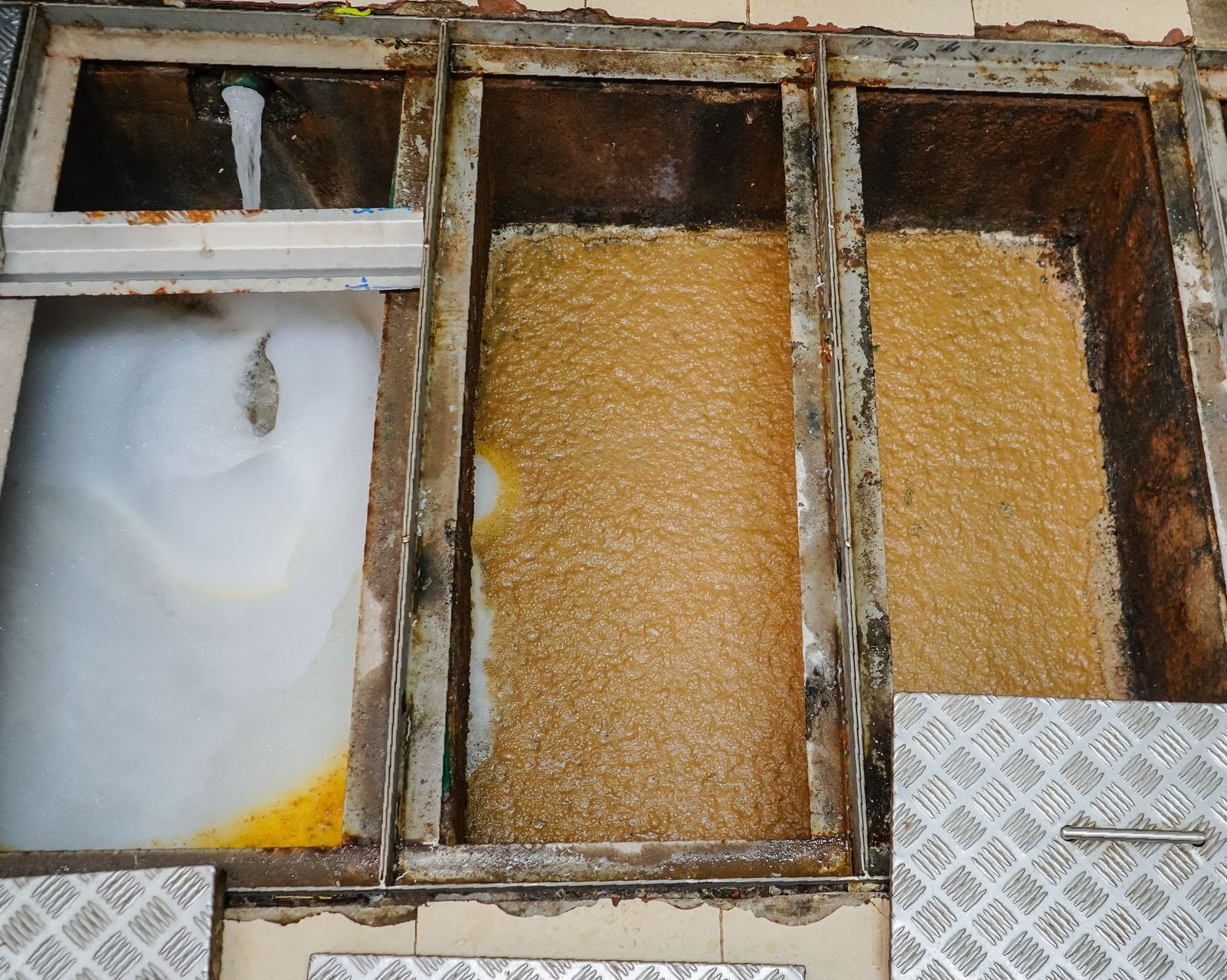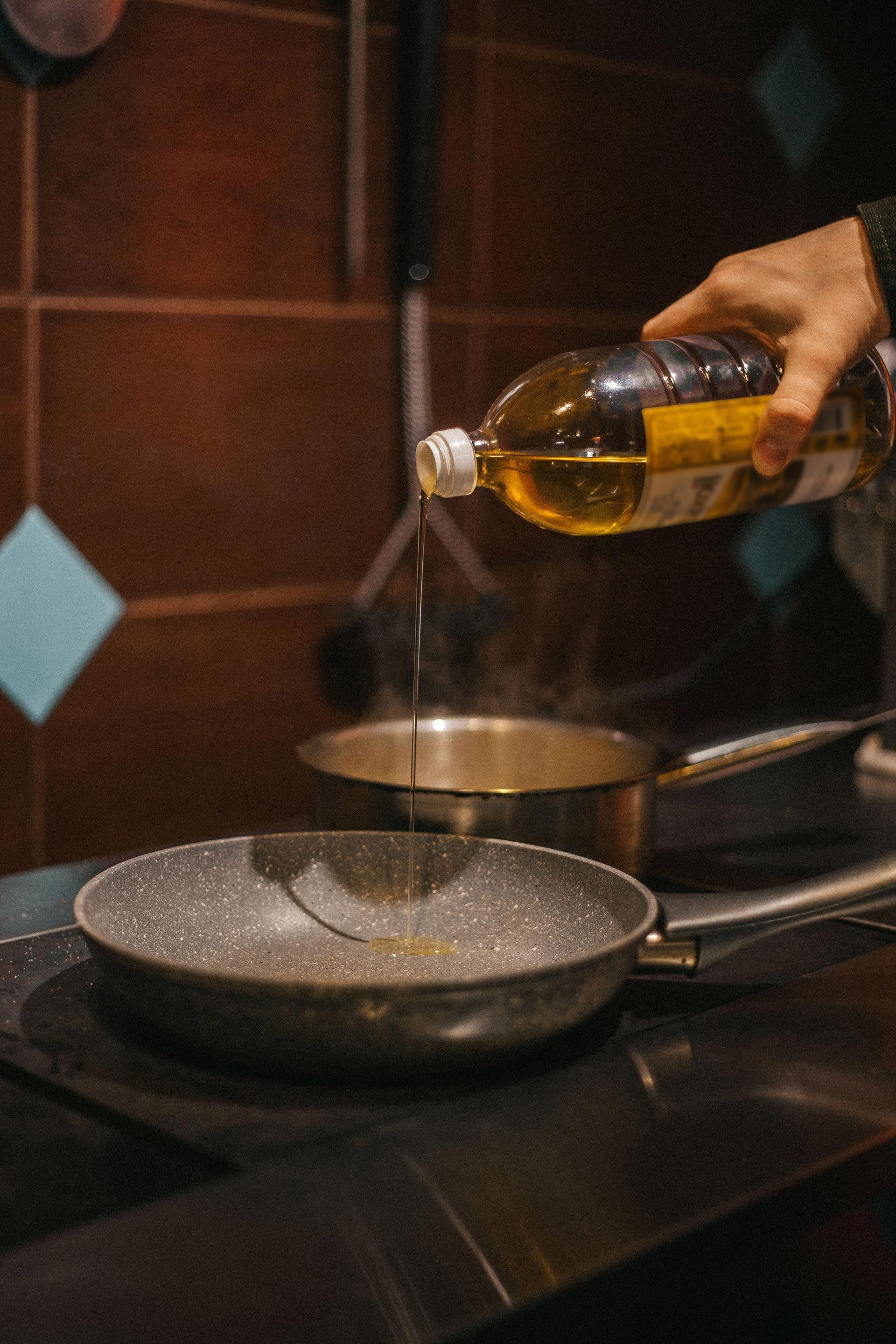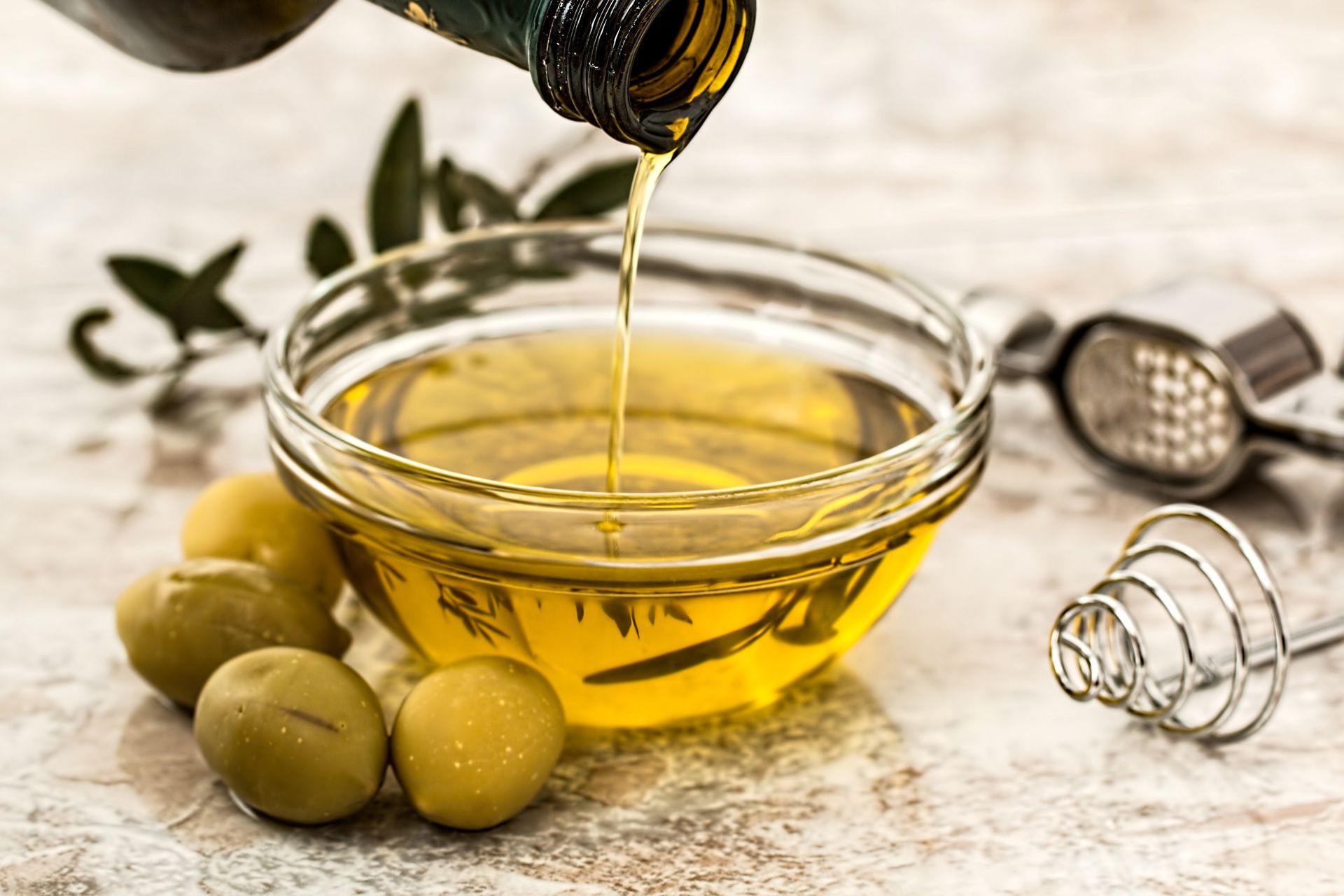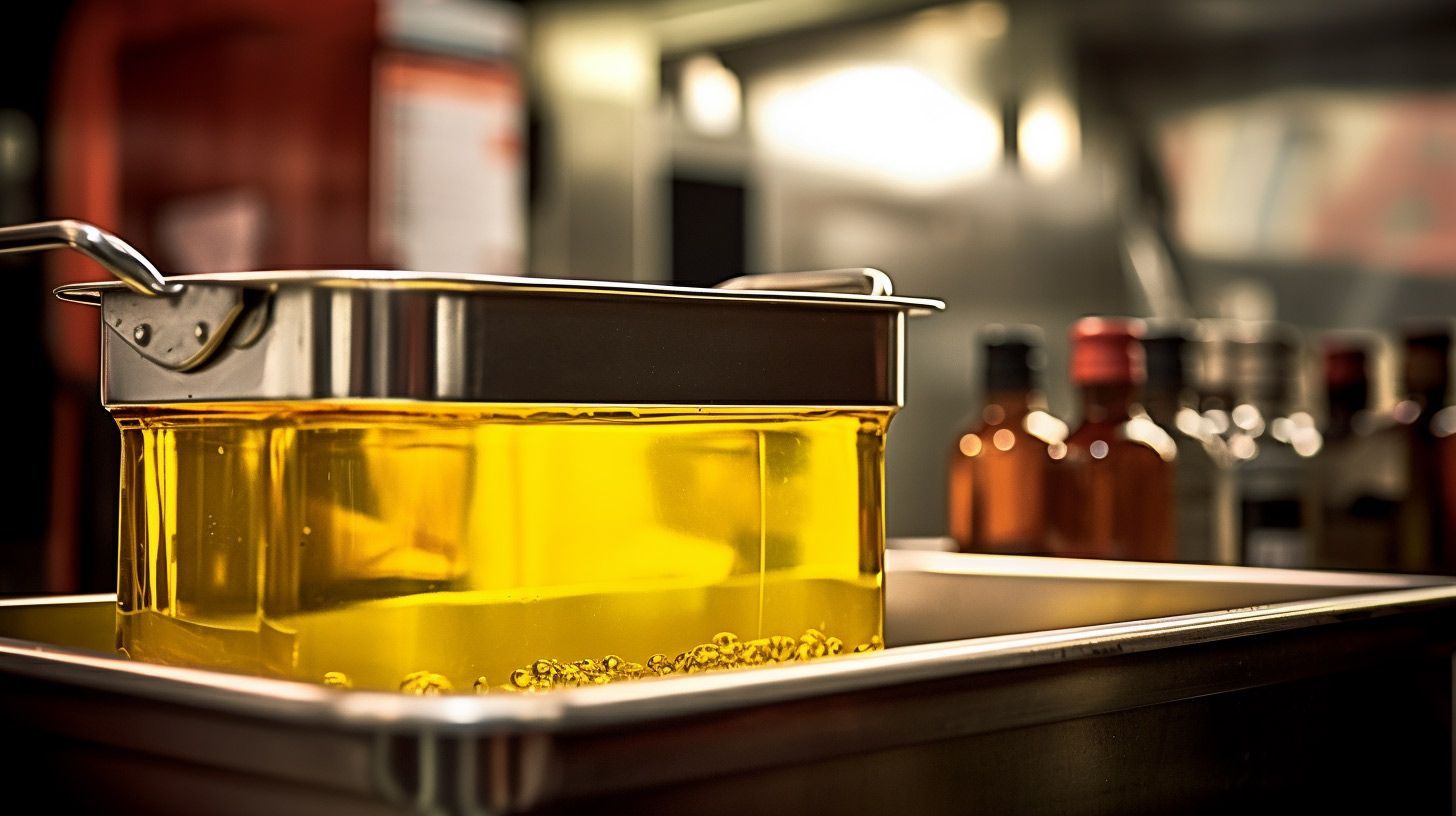What are the environmental regulations for grease trap cleaning and oil collection in Idaho?
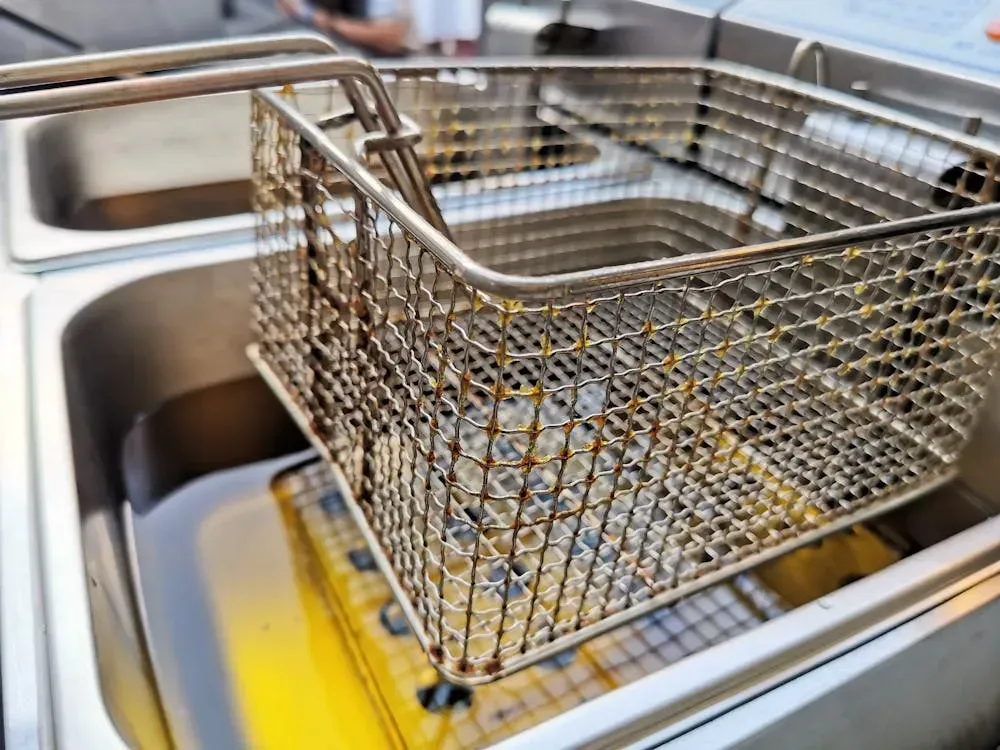
Managing grease and oil waste is a regulatory requirement for Idaho businesses in the food service industry. Hence, many businesses struggle with compliance due to unclear guidelines or the complexity of staying updated with current laws.
But fear not as this article simplifies the legal jargon and provides actionable steps to help you meet these regulations without hassle.
We'll cover everything from obtaining the necessary permits to routine maintenance practices, giving you all the tools you need to stay compliant and avoid penalties.
What Are the Key Environmental Regulations Governing Grease Trap Cleaning in Idaho?
In Idaho, the maintenance and cleaning of grease traps are regulated under state and local laws to prevent sewer blockages and environmental harm. It's crucial for businesses to ensure that their grease traps are not only installed correctly but also maintained on a routine basis.
State Regulations
According to the Idaho Department of Environmental Quality (DEQ), all commercial food establishments that discharge grease into the wastewater system are required to have a grease interceptor. These must be regularly cleaned and inspected to ensure they are functioning properly and comply with grease discharge limits.
Local Requirements
Regulations can differ from one city to another. Business owners should consult their local health departments to understand specific requirements. For instance, Boise may enforce more stringent cleaning schedules or disposal methods than smaller towns.
Adhering to these guidelines helps businesses avoid penalties and supports environmental conservation. Effective maintenance of grease traps not only safeguards the environment but also ensures the smooth operation of wastewater systems, potentially saving on expensive repairs.
How Do Idaho's Regulations Affect Oil Collection and Recycling Practices?
Idaho enforces strict guidelines on the collection and recycling of used cooking oil, aiming to mitigate its environmental impact and enhance waste management efficiency. Restaurants, cafes, and other food-related businesses must adhere to these regulations to manage their oil waste effectively.
Proper Storage and Handling
Essential to the process is the use of designated containers for storing used oil. These containers should be robust, leak-proof, and clearly labeled. They need to be placed in accessible, yet secure areas away from environmental hazards.
Recycling and Disposal
The state promotes the recycling of cooking oil, often repurposed into biodiesel, a sustainable alternative to fossil fuels. Businesses must collaborate with certified waste handlers to ensure their oil is processed correctly, preventing environmental contamination.
Regular Collection
Establishing a routine collection by a reputable provider is critical to avoid the risks associated with storing large quantities of oil. This not only helps in maintaining compliance with environmental laws but also keeps business premises safe and clean.
Following these guidelines, Idaho businesses not only meet legal requirements but also contribute positively to the local economy and environmental sustainability. The conversion of waste oil into biodiesel not only lessens the dependency on non-renewable resources but also fosters a cleaner community.
What Licenses and Permits Are Required in Idaho for Grease and Oil Waste Management?
For businesses dealing with grease and oil waste in Idaho, securing the right permits is crucial. These permits ensure compliance with state and local environmental regulations, promoting safe waste management practices.
State-Level Permits
Businesses that generate, transport, or dispose of grease and oil waste need specific permits from the Idaho Department of Environmental Quality (DEQ). These permits are critical for enforcing standards that keep waste management practices safe and environmentally sound.
Local Permits
Beyond state requirements, local municipalities may impose additional regulations. Business owners should engage with city or county offices to fully understand these local rules, which might dictate specific handling, storage, or disposal methods.
Renewal and Compliance
Permits are not permanent; they require renewal at intervals dictated by the issuing authority. Keeping up to date with renewal schedules and compliance requirements is essential for uninterrupted business operations.
By maintaining the necessary permits, businesses not only comply with the law but also contribute to environmental protection and public health in their communities.
How Should Businesses in Idaho Properly Maintain Their Grease Traps to Comply with Environmental Regulations?
Maintaining grease traps properly is crucial for Idaho businesses to meet environmental standards and maintain efficient wastewater management. Here are the key steps to ensure compliance:
Scheduled Cleaning and Inspections
Idaho's environmental regulations mandate that businesses regularly clean their grease traps to prevent blockages and pollution from fats, oils, and grease. The frequency of cleaning should align with the volume of waste produced and the size of the grease trap.
Record Keeping
Accurate and detailed records of all maintenance activities are essential. Logs should document the date of each cleaning, specific actions taken, and the condition of the grease trap after servicing. These records are not only vital for meeting regulatory requirements but also for assessing the efficacy of grease management over time.
Using Professional Services
Many businesses benefit from engaging professional cleaning services to manage their grease traps. Professionals ensure that the cleaning complies with all applicable regulations and that maintenance is performed thoroughly and documented correctly.
Regular and proper maintenance not only helps businesses avoid fines and penalties for non-compliance but also promotes a cleaner and safer environment. Additionally, it helps prevent unexpected breakdowns and costly repairs to the grease trap system.
What Are the Consequences of Non-Compliance with These Regulations in Idaho?
Failing to adhere to the environmental regulations for grease trap cleaning and oil collection in Idaho can lead to serious consequences for businesses. Here’s what can happen if businesses neglect these important regulations:
Fines and Penalties
Non-compliance can result in substantial fines from both state and local environmental agencies. These fines are intended to encourage compliance and can vary widely depending on the severity of the violation and the history of the business with regard to previous compliance.
Operational Disruptions
If grease traps are not properly maintained, they can become clogged, leading to blockages in the sewer system. This not only causes environmental damage but can also lead to operational disruptions, such as closures while emergency repairs are conducted.
Damage to Reputation
Businesses found in violation of environmental laws may suffer damage to their reputation. Customers are increasingly aware of and concerned about environmental issues, and non-compliance can lead to loss of customer trust and business.
Legal Actions
In severe cases, chronic or egregious non-compliance could lead to legal actions beyond fines. This could include forced closures or stringent operational restrictions until compliance is restored.
Maintaining compliance with grease trap and oil collection regulations is not just about avoiding penalties—it’s about contributing positively to the community’s environmental health and maintaining good standing with customers and regulatory bodies.
Conclusion
Complying with Idaho’s environmental regulations for grease trap cleaning and oil collection is crucial for any responsible business. Adherence ensures smooth operations and helps avoid legal issues. Remember, consistent maintenance and diligent record-keeping are essential to meet state and local standards effectively.
Effective waste management not only protects the environment but also bolsters your business reputation, contributing positively to community health.
Need expert help with your grease trap and oil waste management?
Contact Eco of Idaho for reliable and professional services including grease trap cleaning, oil collection, grease trap pumping, and bulk wastewater transport. Serving areas in Boise, ID, Idaho Falls, ID, and La Grande, OR.
Reach out to
Eco of Idaho today and ensure your business meets all environmental regulations effortlessly!
Frequently Asked Questions
What frequency is recommended for grease trap cleaning in Idaho?
The frequency of grease trap cleaning depends on the volume of waste your business produces, but it is typically recommended to clean your grease trap at least once every three months or more often if needed to ensure compliance with local regulations.
Are there specific disposal methods required for used cooking oil in Idaho?
Yes, Idaho encourages the recycling of used cooking oil. Businesses must work with licensed waste handlers to ensure used oil is recycled into products like biodiesel or properly disposed of according to state guidelines.
What are the penalties for not complying with grease trap regulations in Idaho?
Non-compliance can lead to fines, operational disruptions, and even legal actions depending on the severity of the violation. Continuous violations may result in more severe consequences, including business closure.
Do I need a permit for grease trap installation in Boise, Idaho?
Yes, you need a permit to install a grease trap in Boise, and most local municipalities in Idaho. Check with your local city office or the Idaho Department of Environmental Quality for specific permitting requirements.
Can Eco of Idaho service all types of businesses with grease trap and oil collection needs?
Eco of Idaho provides comprehensive grease trap and oil collection services suitable for a wide range of businesses, including restaurants, cafeterias, and other food service establishments, across Boise, Idaho Falls, and La Grande, OR.

